‘No Longer a Victim’: Farming Helped Me Earn, Rebuild Life After Abusive Marriage
Jhunbala Malick, a tribal woman from rural Odisha, shares how she started her life afresh as a farmer after coming out of an abusive marriage. Here’s her story of finding her tribe in a women self help group, and finding strength in farming,
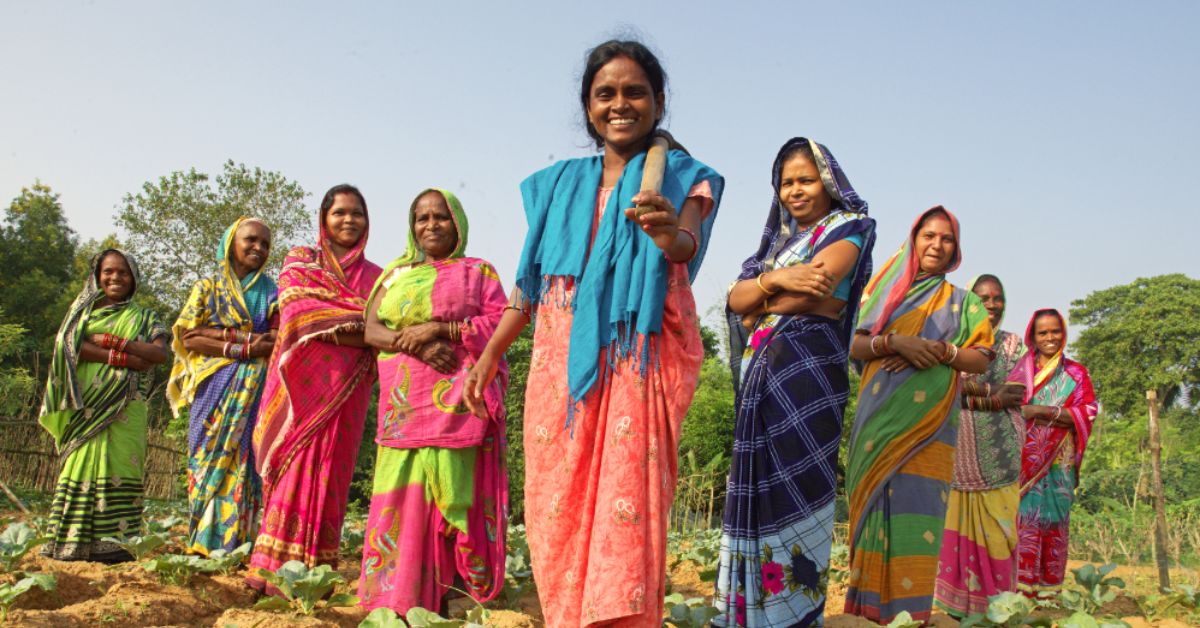
Hailing from Kacheri Gaon, a small hamlet in the Jajpur district of Odisha, Jhunbala Malick was born into a family of labourers. Her mother had to undergo surgery, so Jhunbala had to compromise her studies and step up to care for her family — her parents and three siblings; she could only study till Class 5.
At a tender age, she started working on the farm along with her father, who was an agricultural labourer. He could barely earn enough to meet the medical expenses of her mother. “It was a painful period. At times, we used to eat one day and skip meals on the other,” the now 31-year-old tells The Better India.
A few years later, she was married off. She hoped for a better life, but luck did not favour her.
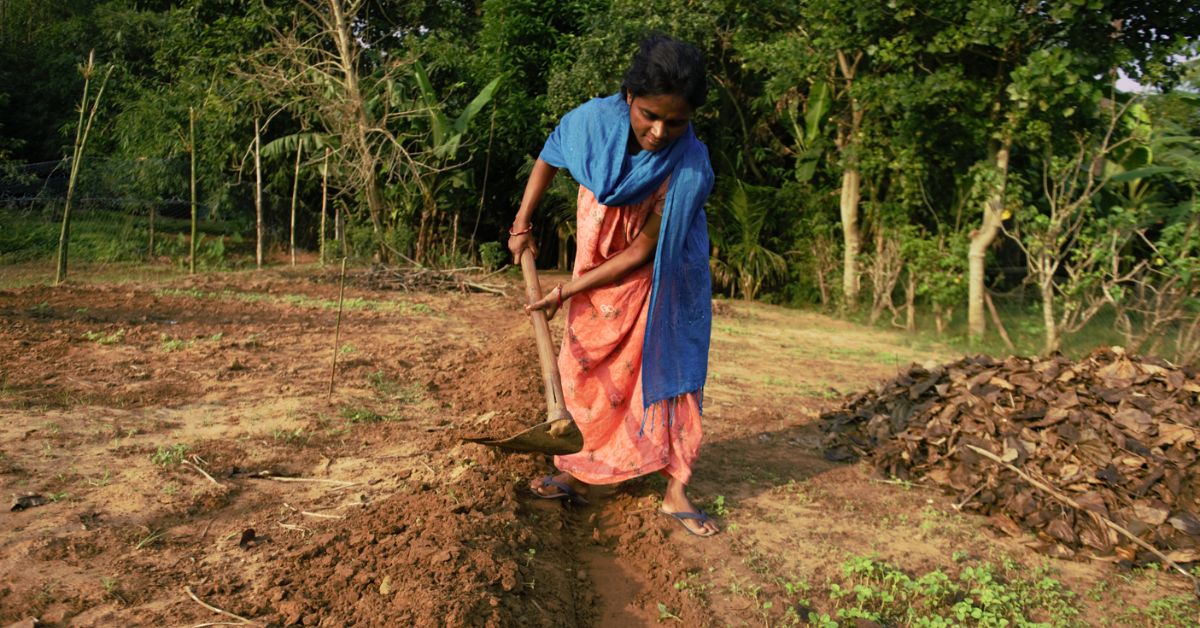
Dignity vs dowry
From abject poverty, Jhunbala went into an abusive relationship.
“My husband was an alcoholic. He used to drink all the time, even during the day. Before marriage, I did not even know his name, let alone his behaviour and habits. He used to beat me up. Not only him, but my father-in-law, mother-in-law and sister-in-law would also beat me up. When I would complain about this, my husband would not listen. He never supported me,” recalls the tribal woman.
The reason? Dowry.
“My family could not fulfil the dowry they demanded. They asked for Rs 20,000, but my family could give only Rs 15,000,” she adds.
Despite the Dowry Prohibition Act 1961, India continues to witness dowry-related cases. The National Crime Records Bureau (NCRB) data shows that there were 6,589 dowry-related deaths in the country in 2021, which is equivalent to three deaths every four hours.
After three months of agony at her in-laws’ place, Jhunbala took a courageous step to escape. “I decided I could not continue to live like this. I lied to my in-laws that I was going home for a few days. But after coming to my parent’s home, I never went back,” she says.
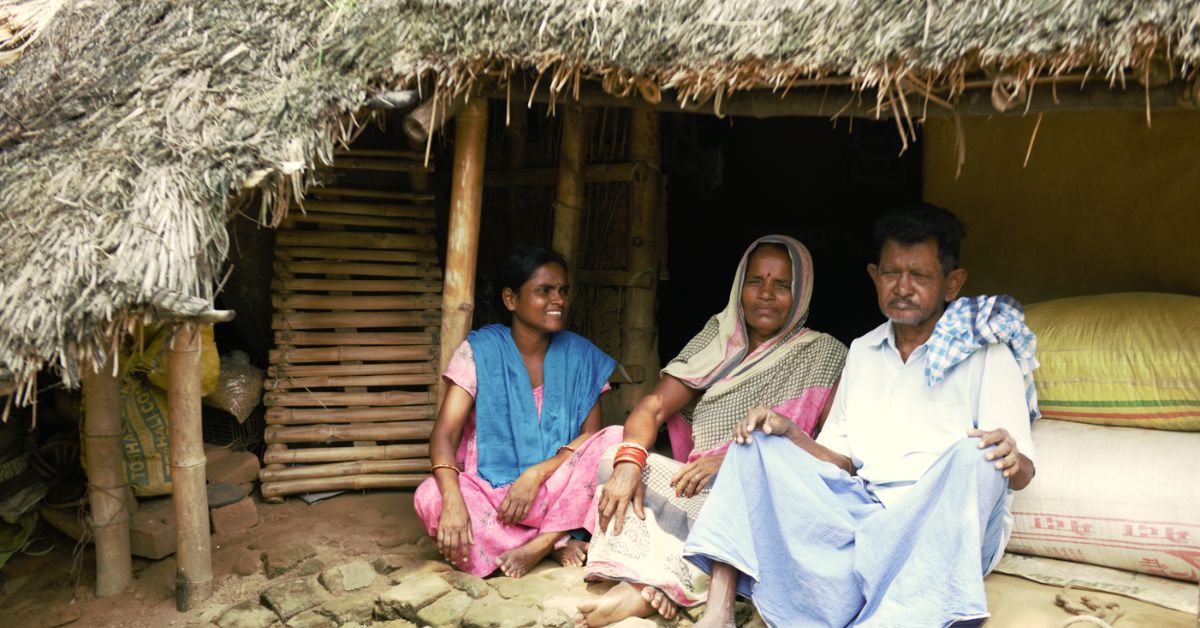
“After two to three months, my in-laws came to take me back. They convinced my parents that they will not beat me. My parents asked me to go back, but I resisted. I told them that I can be independent and that I don’t want to go back to that hell. If I had continued to lead that life, I would have ended up taking my life,” she shares.
This decision of hers was followed by the contemptuous behaviour of villagers and relatives, but she decided to not bother.
To make it worse, her elder brother was killed in a dispute. “He used to work as a mechanical fitter and earn Rs 30,000 a month. He would financially support us. After his death, the entire burden of looking after my family came upon me,” recalls Jhunbala.
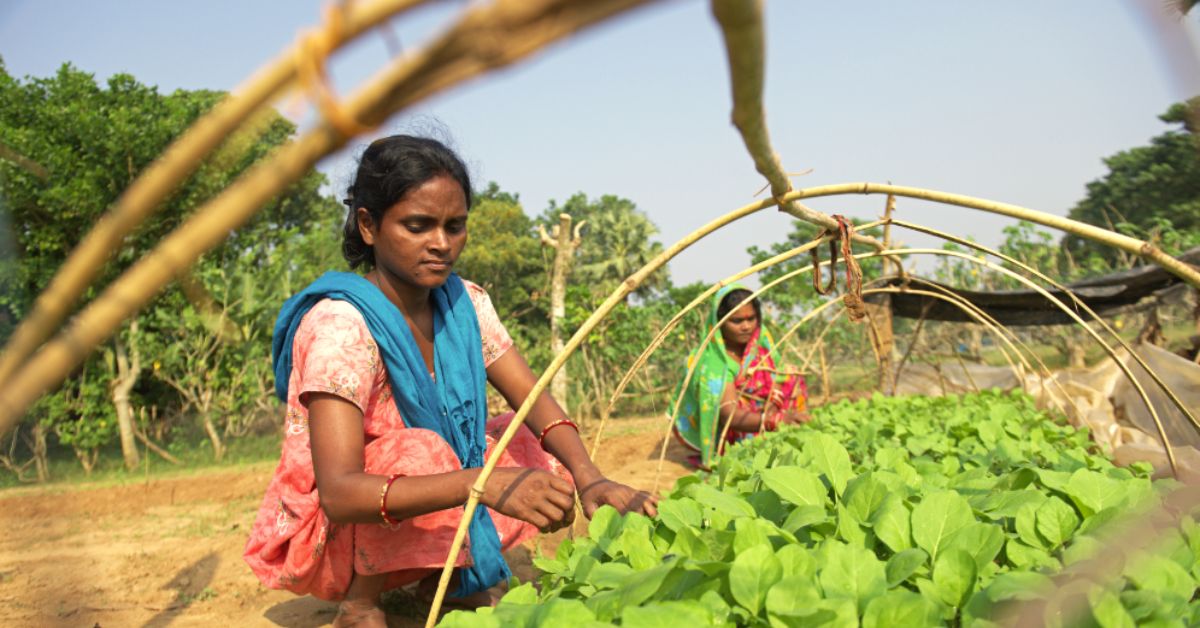
When women come together
In 2018, Jhunbala joined a self-help group (SHG), and life started taking a turn for the better.
With her consistent efforts, she became a prominent member of the SHG. She even conducted meetings with other tribal women twice a month to work on improving her income.
Today, she manages to contribute Rs 10,000 to her family for their monthly expenses by working as an agricultural labour and selling agricultural produce. In addition, she toiled to make all the arrangements for her younger sister’s marriage. “With the earnings from farming, I married her into a decent family. They did not ask for dowry. She is living happily with her husband,” smiles Jhunbala.
Meanwhile, in December 2021, an initiative — led by a non-profit called ‘Habitat for Humanity India’ in association with Standard Chartered Bank — financially supported and trained the self-help group members. They were taught to grow seasonal vegetables such as bananas, tomatoes, brinjal and cauliflower. They were also trained for alternate livelihood opportunities — such as making hand fans and plates using palm leaves — to generate additional income and become self-reliant.
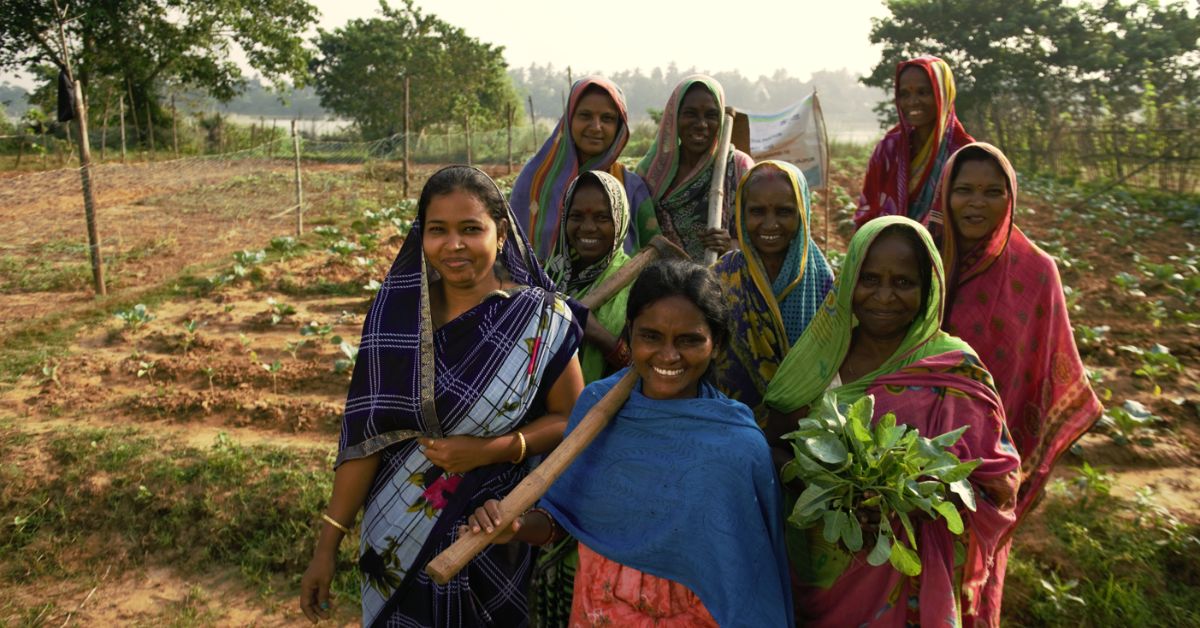
“After learning new skills and working with fellow women, I feel that I have truly realised my potential. I am no longer a victim of my circumstances, but I feel more confident and self-reliant,” says the tribal farmer.
The intervention helped all 10 women of Jhunbala’s SHG to earn well within eight months. “We came together and invested Rs 55,000 and started cultivating vegetables. We managed to earn Rs 1.5 lakh. Nothing is impossible when women come together,” adds Jhunbala, who now cultivates tomato, brinjal, and ginger in a 4-guntha (used for measuring land area) field.
She is now repairing her dilapidated home and treating her 70-year-old ailing father [who is suffering from heart disease] with her hard-earned money. “After my brother’s death, I have been looking after my family. It costs us Rs 3,000 per month for my father’s medicines. I will take him to the doctor in a couple of days. I have started saving for his surgery,” she says.
“I want to tell other women that they should become independent. Money brings you respect. People will enquire about your well-being when you have money. I have learnt it the hard way,” she shares.
(Edited by Pranita Bhat; All images: Habitat for Humanity India/Prashant Nakwe)
Sources:
Crime In India 2021: Published by the National Crime Records Bureau (NCRB).
If you found our stories insightful, informative, or even just enjoyable, we invite you to consider making a voluntary payment to support the work we do at The Better India. Your contribution helps us continue producing quality content that educates, inspires, and drives positive change.
Choose one of the payment options below for your contribution-
By paying for the stories you value, you directly contribute to sustaining our efforts focused on making a difference in the world. Together, let's ensure that impactful stories continue to be told and shared, enriching lives and communities alike.
Thank you for your support. Here are some frequently asked questions you might find helpful to know why you are contributing?














